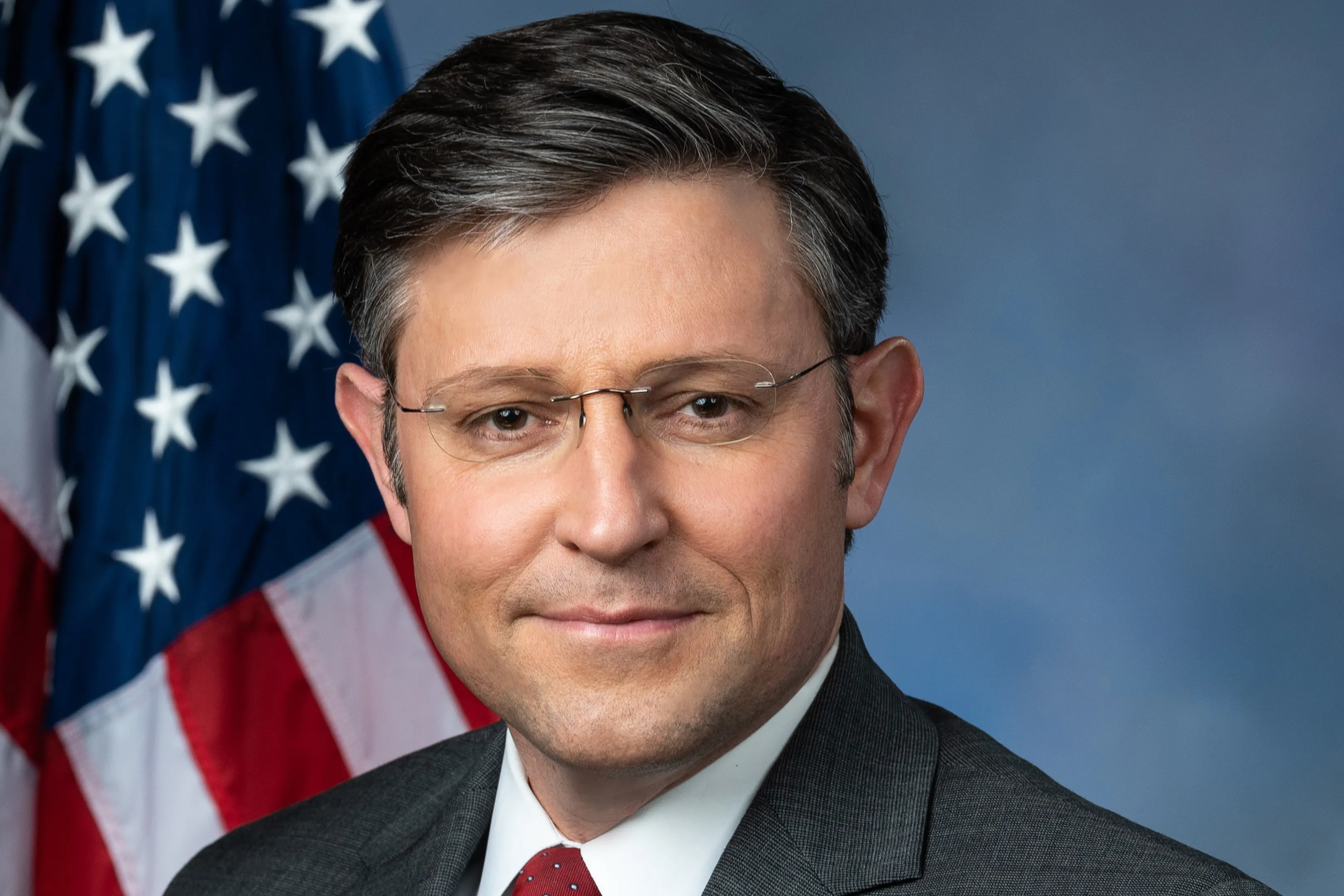
Daily Audio Newscast - May 13, 2024
News from around the nation.
Protests at college campuses in the U.S. begin to fade as graduations are held, but support organizations continue to guide students; New data from Ohio State University researchers show nearly 1 in 5 older adults are not prepared for emergencies; a new study finds the flame retardants used in the seats of many cars emit toxic gases.
TRANSCRIPT
This is the Public News Service Daily Newscast for May 13, 2024.
I'm Mike Moen.
A number of colleges and universities around the U.S. held graduation ceremonies over the weekend.
Many campuses this spring saw a swelling of protests related to the war in Gaza.
Despite the large focus the protests have received in recent weeks, the Associated Press reports weekend ceremonies were largely muted when it came to demonstrators calling attention to the humanitarian crisis linked to the war between Israel and Hamas.
The war has killed nearly 35,000 people in Gaza, mostly women and children, that according to Gaza's health ministry.
During campus protests, administrators and law enforcement in a handful of locations claim outside agitators ratcheted up the demonstrations.
But those claims have been called into question.
Meanwhile, some Virginia groups are choosing to offer to support pro-Palestinian protesters.
Edwin J. Villara reports.
Recent weeks have seen more than 100 arrests of protesters on Virginia college campuses.
Many are demanding that their schools stop investing in companies that support Israel and its war on Gaza, although critics point out that would be more difficult than many people assume.
Latoila Mathias with Progress Virginia says along with knowing their rights, protesters can stay safe in many ways.
I also suggest don't talk to the police about a tardy present.
Make sure that they have food, water, medication in case they do get detained or arrested.
Make sure that they're wearing a mask because we've been getting reports of gassings.
The Southwest Virginia Young Democrats have asked people to contribute to a fund for bail for protesters who are arrested.
Governor Glenn Youngkin has said he supports peaceful protests, but stressed that encampments and intimidation of Jewish students on college campuses won't be tolerated.
A report from a non-profit group that tracks armed conflicts and events shows most student protests since the Israel-Hamas war began last October have been peaceful, only since April of protests involving students outnumbered those of other groups.
I'm Edwin J. Villara.
In New Hampshire, the state senate will vote this week on a bipartisan gun violence prevention bill prompted by last year's deadly shooting at New Hampshire hospital.
The bill would allow the state to report individuals with involuntary mental health admissions and other prohibited buyers to the federal background check system known as NICS.
State Senator Debra Altschiller calls it a historic moment to close a legal loophole and protect public safety.
We have people who are a danger to themselves and others around them and struggling with severe mental health issues who have access to firearms because we have zero stopgap.
Altschiller says even the gun lobby has backed similar measures in other states, but some Senate Republicans have portrayed the bill as a gun grab and say the focus should be on improving mental health services.
However, supporters note the legislation also aims to protect those experiencing a mental health crisis.
Nearly 90 percent of gun-related deaths in New Hampshire are suicides.
This is PNS.
A federal agency today is expected to announce reforms related to the power grid, which is stretched thin as the nation transitions away from fossil fuels.
It's a complex issue clean energy advocates in the Midwest know far too well.
There's a push to expand transmission lines to accommodate the tidal wave of wind, solar, and other renewable projects.
Rules being unveiled today could address the thorny issue of cost sharing among states for the buildout.
More broadly, the Midwest Renewable Energy Association's Nick Hila says market dynamics are tricky right now, noting competing interests among utilities and developers and expanding the grid.
He says another issue is protecting wildlife.
The history of management of transition lines isn't some solid track record from an environmental conservation point of view.
We could be doing a much better job in transmission corridors.
In these cases, decarbonization groups and conservationists are at odds with each other.
Notably, a recent court ruling is allowing a transmission line project involving Wisconsin to advance.
Hila says non-wire alternatives are emerging to help the movement without turning to the grid.
In Minnesota, Xcel Energy has been testing a program that incentivizes customers to curb energy use during peak demand.
Similar programs are taking shape elsewhere, but industry analysts say these initiatives are navigating their own barriers as they try to get off the ground.
In other news, 20 percent of older adults in central Ohio either were not prepared or did not know if they were prepared for extreme weather.
That according to a recent study by Ohio State University researchers.
Nadia Ramnaghan has the story.
OSU assistant professor in the College of Social Work, Smitha Rao, says the research is meant to be a conversation starter about how older adults are faring and a launching point for area agencies on aging to help determine who is most vulnerable.
To get a sense of where the emphasis of service delivery needs to be and who's missed out because on the face of it, you can say that, hey, almost 80 percent of the older adults are prepared, but it is those 20 percent who are unsure or who are not prepared that we should be focused on.
In counties where greater proportions of older adults had a lower income, lived in subsidized housing and reported having a disability, higher percentages of respondents also reported not being prepared.
Nadia Ramnaghan reporting.
A new study finds the flame retardants used in the seats of many cars emit toxic gases and recommends the federal government re-evaluate its flammability standards.
Researchers at Duke University and the Green Science Policy Institute in Berkeley studied the air and foam for more than 100 cars, model year 2015 and newer, and found traces of two carcinogens on California's Prop 65 list of harmful chemicals.
That's the Public News Service Daily Newscast for May 13, 2024.
I'm Mike Moen.
A reminder, you can find more stories at publicnewsservice.org.

















